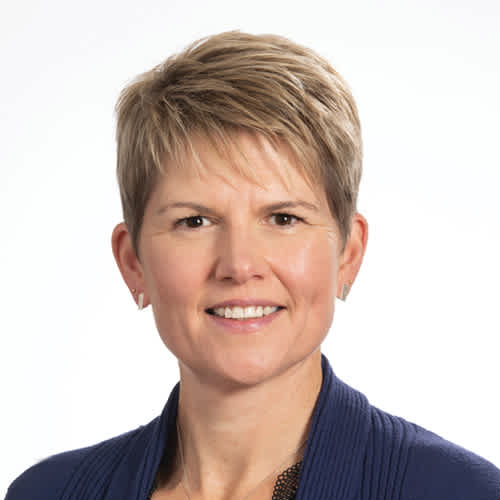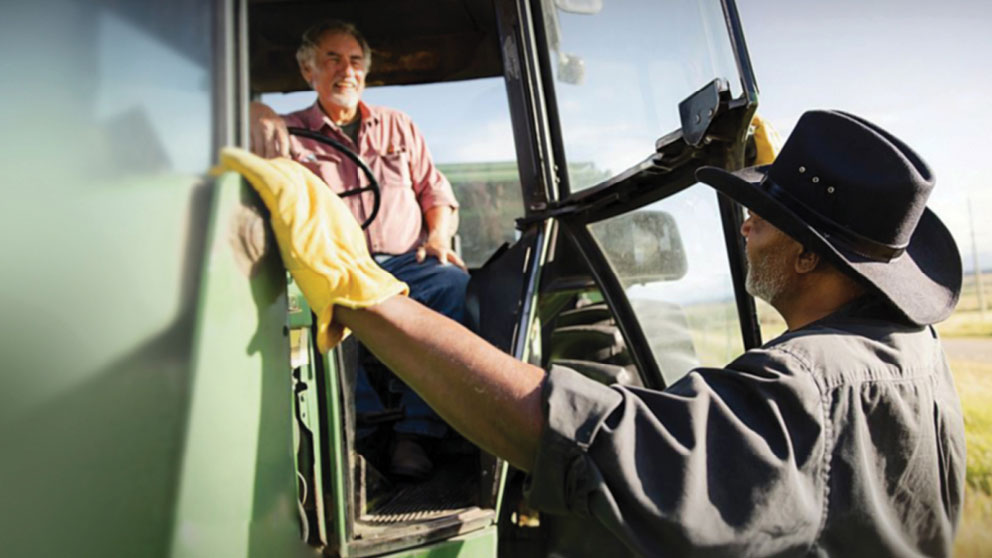Should my farming child join my company or start their own?

It’s a conversation all farm families have at some point.
A business transition will have to occur in some form and there is no right answer as to how a family should make decisions. Many default to choices made a generation prior without considering other options. It’s good to challenge your decisions and why you made them.

Business Advisor
Humboldt, Sask
There’s a temptation to make this decision independently, by instinct, but the choice of business structure will greatly impact all involved parties for years to come. Pros and cons come with each option and no choice will be perfect, so aim to pick the best option for your situation.
First, take an honest look at the working relationship between the current farm leader and the incoming generation.
Do they get along? Are they able to resolve disputes? Is there a high level of respect and trust that both are committed to maintain?
Now consider: are we better to be shareholders in the same business, or have independent businesses, with co-operative, mutual benefits?
How long do the current shareholders want to be active in the business?
How will decisions be made? Who will have voting power and for how long?
Are long-term goals and vision for the farm business consistent or different between parties?
Next, consult your accountant, understanding that their knowledge of farm business structures and tax is an area of specialty. Ask:
Can you advise us as we make farm structure choices with transition and tax efficiency in mind, or would you recommend another accountant with this expertise?
With those questions satisfied, you can share: “Here are some factors we care to address. Can you advise us on our options, and the pros and cons for each?”

Senior Financial Advisor Advice Only Financial Group Regina, Sask.
The answer is, it depends. If a child already has their own land base, has some or all of their own equipment and is generally self-sufficient, it seems logical to carry on as their own business entity. If a farm becomes profitable, it may make sense to reinvest it within their corporation.
If a child is farm-assetless but has returned to, or been part of, the family farming operation and contributed labour or other skills, one option is to gift or rollover existing shares to the child.
It’s critical to enter a unanimous shareholders agreement (USA) first. A USA establishes how shareholders deal with death, dispute, disability or divorce. They help establish a valuation process for a departing shareholder’s interest and a process for how those remaining can purchase that interest.
Such an agreement may also be a powerful tool to improve communication, manage expectations and build certainty for founders and successors. It can motivate further development of a successor’s skillset and reward their contribution in a predictable way.
For example, it could say that at a certain date, if a successor has continued to perform satisfactorily and has completed specific training — a diploma or leadership program for example — they would receive a certain percentage more shares.
USAs are legal agreements, and require investment in legal, accounting and planning advice to negotiate and properly implement. It’s a small price relative to the value of the average farming operation and can significantly improve the odds of everyone’s future success.

Owner, LD Stockbrugger Farms Englefeld, Sask.
Farming is and always will be a risk–reward endeavour. When we talk about bringing in the next generation, it’s mostly a question of how. It may be a forgone conclusion that your child and possibly their spouse may join the operation, but the structure is a critical decision.
Many parents bring the next generation in, treat them as employees, teach them the basics and pay them a wage. This is fine to start with, but not as prudent as if the child begins their own operation alongside their parents.
Why? It’s important for the incoming generation to experience and understand first-hand the risks and rewards of their decisions. Using somebody else's money doesn't teach nearly as much. They won’t reap the reward of making the right marketing decision, or the financial hardship of over-spending on inputs or capital equipment, as employees.
As a chartered professional accountant for 20-plus years, I’ve witnessed both transition methods. The employee method has sometimes worked, but the next generation starting a parallel operation was more successful.
Many push back on this idea and point out – rightfully – that this adds more complication and expense. While it’s more expensive upfront, it’s likely far more costly to not provide the real-life education your child needs to understand the whole business. Sometimes you need to take the more difficult trail to where you want to go.
From an AgriSuccess article by Trevor Bacque.

With the wife and kids gone years ago, lone farm operator Carl honours a friend with an executorship. But what seemed like an honour becomes a nightmare for his unsuspecting friend.